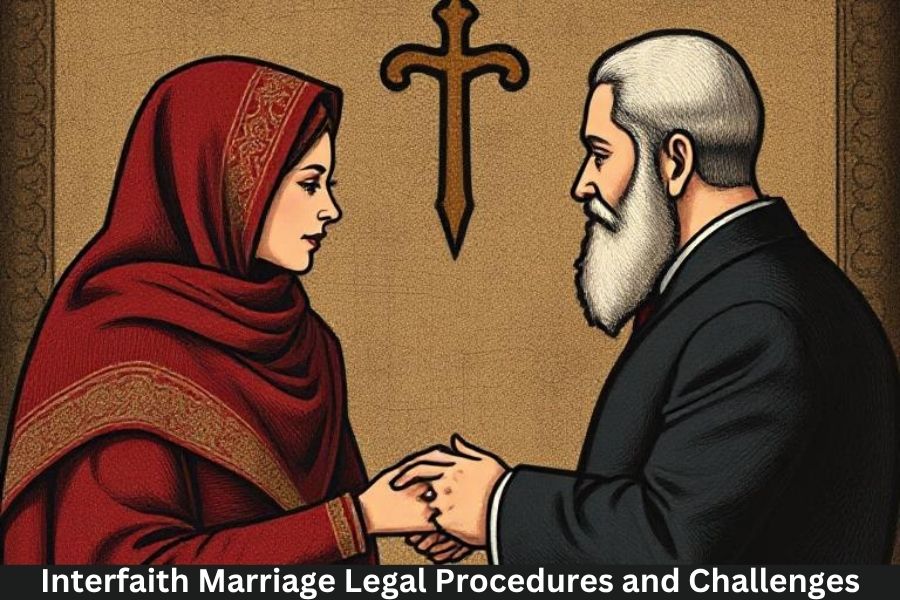Divorce isn’t just the end of a relationship—it’s also a financial restructuring of two lives. One of the most challenging parts of any divorce is determining who gets what. Understanding property division laws after divorce can help you protect your rights and secure your financial future. Whether you’re just starting the process or finalizing the details, knowing how the law views assets and liabilities makes all the difference.
Why Property Division Matters in a Divorce
Property division determines how your assets and debts will be split between you and your spouse. This process can impact your financial stability for years. From homes and vehicles to savings accounts and retirement funds, the law aims to divide property fairly—but not always equally.
Understanding Marital vs. Separate Property
What Counts as Marital Property
Marital property refers to assets acquired during the marriage, regardless of whose name is on the title. This includes:
- Income earned by either spouse
- Real estate bought after marriage
- Joint bank accounts and investments
- Retirement savings accumulated together
What Is Separate Property?
Separate property usually includes:
- Assets owned before marriage
- Inheritances or gifts received by one spouse
- Compensation for personal injury
- Property explicitly designated as separate in a prenuptial agreement
How Property Becomes Commingled
If separate assets are mixed with marital assets—like using inherited money for a joint mortgage—they can become commingled, meaning they may now be subject to division.
How Courts Divide Property After Divorce
Community Property States
In community property states (like California, Texas, and Arizona), marital assets are divided 50/50. Both spouses are considered equal owners of everything acquired during the marriage.
Equitable Distribution States
Most states follow equitable distribution, meaning property is divided fairly but not necessarily equally. Courts consider multiple factors to determine what’s fair based on each spouse’s situation.
Key Differences Between the Two Systems
| Aspect | Community Property | Equitable Distribution |
|---|---|---|
| Ownership | Equal 50/50 split | Fair, not always equal |
| Focus | Shared marital ownership | Individual contributions |
| Example States | California, Nevada | New York, Florida, Illinois |
Factors Courts Consider When Dividing Assets
Length of the Marriage
Longer marriages often result in more intertwined finances, leading to a more balanced division of assets.
Financial Contributions
Courts look at how much each spouse contributed—both financially and through non-financial roles, such as homemaking or childcare.
Non-Financial Contributions
Raising children, supporting a partner’s education, or managing the household can significantly influence how assets are divided.
Future Earning Capacity
If one spouse has a higher potential for income after divorce, the other may receive a larger share to maintain economic balance.
Property Division Laws by Type of Asset
Real Estate
The marital home is often the most valuable asset. Courts may order it sold and proceeds split, or grant one spouse ownership in exchange for other assets.
Bank Accounts and Investments
Joint accounts and investments are divided based on ownership and contribution. Hidden or undisclosed accounts can lead to serious legal consequences.
Retirement Funds and Pensions
Retirement assets accumulated during the marriage are typically divided under a Qualified Domestic Relations Order (QDRO).
Personal Property and Vehicles
Furniture, jewelry, and vehicles acquired during marriage are also part of marital property unless proven otherwise.
Business Ownership and Partnerships
Businesses started or grown during marriage can be divided based on valuation. Courts may consider each spouse’s role in the business.
Debt Division After Divorce
Debts are treated similarly to assets. Marital debts—like mortgages, loans, and credit cards—are divided fairly. Separate debts (like student loans taken before marriage) usually remain with the original borrower.
Prenuptial and Postnuptial Agreements
Prenups and postnups can simplify property division by predefining what belongs to each spouse. They’re legally binding if created voluntarily and with full financial disclosure.
Hidden Assets and Financial Disclosure
Full disclosure is mandatory during divorce. Hiding assets can result in severe penalties, including loss of property rights or contempt of court. Always be transparent about your financial situation.
How Property Division Affects Taxes
Dividing property can have tax implications, especially when transferring ownership of assets like homes or stocks. Consult a tax expert to understand potential liabilities and avoid unexpected tax bills.
Common Mistakes During Property Division
- Failing to value assets accurately
- Forgetting about future tax implications
- Ignoring hidden debts
- Overlooking retirement benefits or pensions
- Making emotional, not logical, decisions
Avoid these pitfalls by seeking professional guidance before signing any agreements.
Role of Mediation and Settlement Negotiation
Mediation allows couples to resolve property disputes outside of court, saving time and money. It encourages cooperation and often leads to more personalized agreements.
How to Protect Your Assets During Divorce
- Keep clear records of separate property
- Avoid commingling personal and joint funds
- Document all major purchases and contributions
- Seek legal advice before transferring or selling assets
When to Hire a Divorce Lawyer
If you have complex assets—like businesses, multiple properties, or international investments—an experienced divorce attorney can help you navigate legal complexities and protect your interests.
Conclusion
Property division after divorce isn’t just about splitting possessions—it’s about creating financial fairness. Understanding how laws define, classify, and distribute property can help you make informed decisions and protect your future. Always consult a legal expert to ensure your rights are upheld throughout the process.
FAQs
1. How do courts decide who gets the house after divorce?
It depends on whether the home is marital or separate property, financial contributions, and who has custody of the children.
2. Can my spouse claim assets I owned before marriage?
Generally no, unless the asset became commingled with marital property during the marriage.
3. What happens to debt after divorce?
Marital debts are divided fairly between both spouses, while personal debts remain the responsibility of the individual.
4. Are retirement accounts split in a divorce?
Yes, funds accumulated during the marriage are divided according to a court-approved QDRO.
5. Can property division be changed after divorce?
In most cases, property division is final, but adjustments may be allowed if hidden assets or fraud are discovered.



